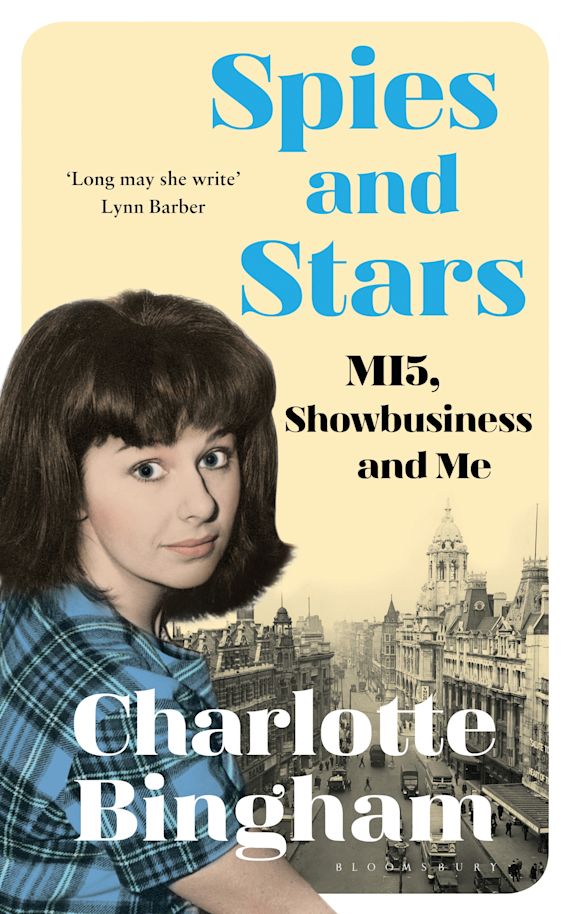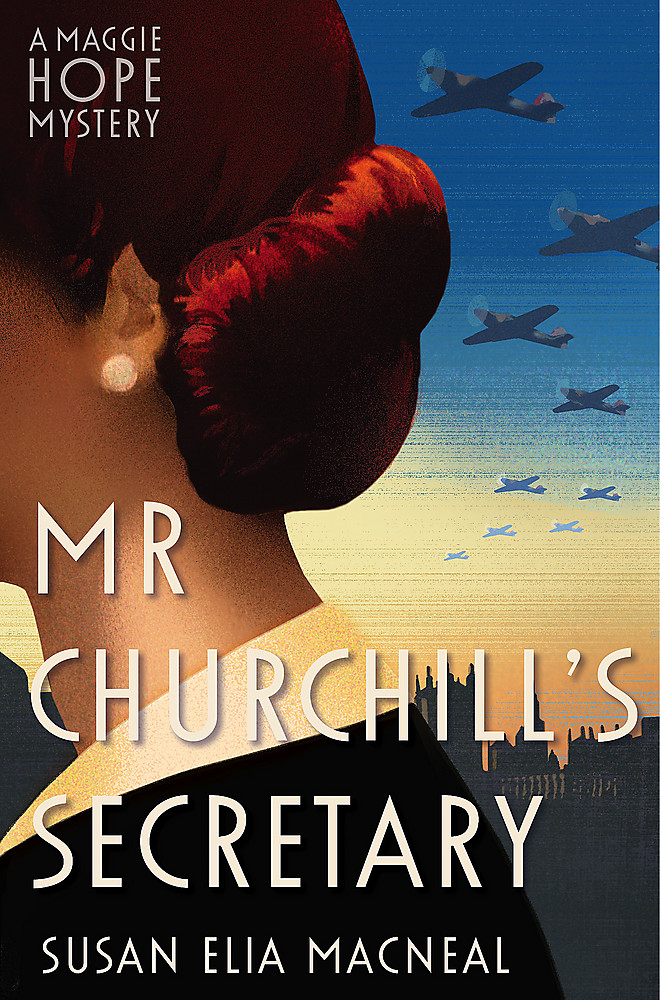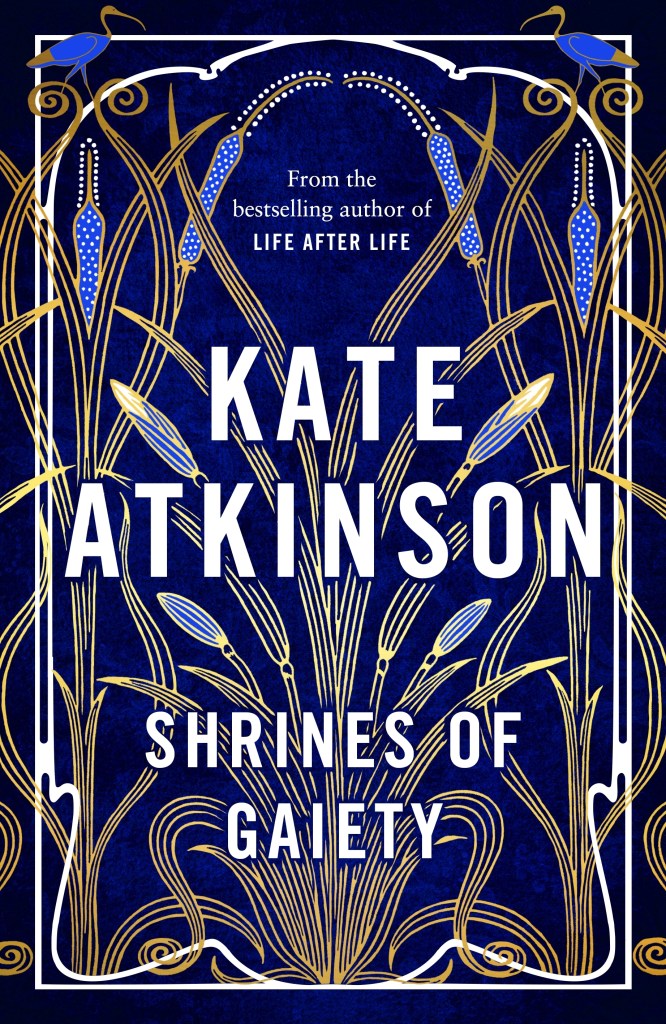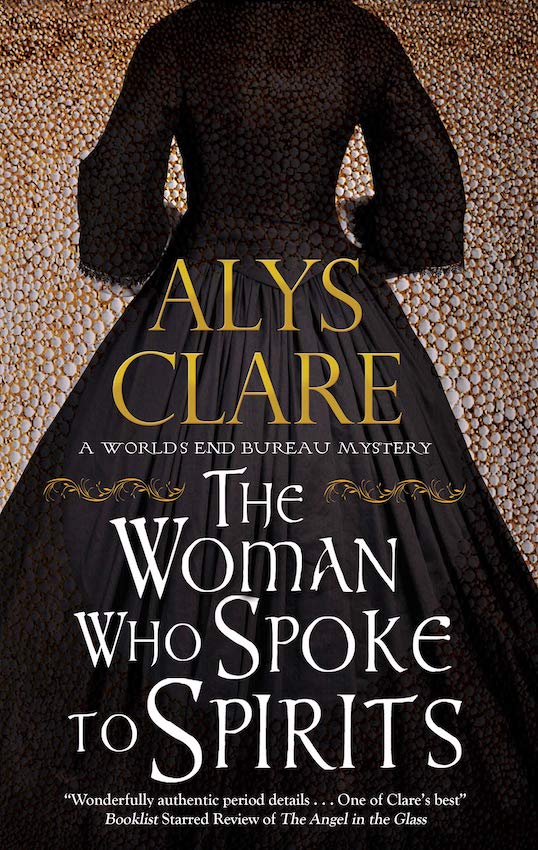
I seem to have got caught in the 1950s, first with the Charlotte Bingham memoir, and now with this book published in 1955.
Less Than Angels follows a group of people connected to an anthropology faculty at a London university. It opens in a café where Catherine, a freelance writer for women’s magazines, is sitting watching people go by from her seat by the window. Outside two anthropology academics are hurrying to a party at a new research centre that has been donated by a wealthy widow named Mrs Foresight.
At the party we meet Esther Clovis who is one of those ‘excellent women’ who keep everything ticking along, while the more senior men strut and proclaim. These include elderly Professor Mainwaring, once obviously devilishly handsome, who has secured the funding by charming his way into Mrs Forsight’s good books and who gets to choose the recipients of the research grants later in the book.
Esther is not an attractive character, but Pym gives her feelings none the less and makes her interesting. Here she is as the party is about to start, worrying about the students who have gathered in the library to study and how to throw them out nicely. In the end she invites them to stay for the party and we meet them all.
I confess I was a little put off by this lengthy party scene at the beginning of the book. So many characters to keep track of, including two young men in their third year, Digby and Mark, who add a touch of comedy, and new student Deirdre, who has begun to wonder why she decided on anthropology in the first place. Deirdre is a wistful, restless girl with the kind of languid beauty that goes with all that. She lives with her widowed mother and a ‘spinster’ aunt in a leafy suburb. They live next door to failed anthropologist, Alaric Lydgate, who has an alarming collection of African masks which he wears in the privacy of his garden.
It was odd to think that he himself had once been on the threshold of that kind of life and that he had thrown it all away, as it were, to go out to Africa and study the ways of a so-called primitive tribe. For really, when one came to consider it, what could be more primitive than the rigid ceremonial of launching a debutante on the marriage market?
The story really picks up when Tom Mallow returns from his stint in Africa to write his thesis, and to his domestic arrangements with Catherine, who has a bohemian style flat. Catherine obviously loves Tom, who seems surprised by his own easy charm with women, but he’s soon drawn to Deirdre.
So the story has a kind of love triangle in the centre of it, with a myriad of interesting characters and the small politics of a university faculty in the background. When it comes to anthropology, Pym seems to know her stuff – she was at one time the editor of the journal of the International Institute of African Languages and Cultures in London. And perhaps this has inspired her because while the novel’s academics are absorbed in the study of African tribes, their customs, values and intergenerational connections, Pym seems to casting her own anthropological eye over the British middle classes.
Barbara Pym has often been described as a twentieth century Jane Austen and this is particularly so when it comes to her thoughts on being a woman in her time, the sexism and the rocky road of making a place in the world for oneself. Universal themes, but enhanced with Pym’s sparkling wit and gentle send-up of social formalities. Once I’d settled into the book, I found this a brilliant story, both entertaining and thought-provoking – but then, I’ve been a Barbara Pym fan for decades, so I knew I was in safe hands. Less Than Angels is a four-and-a-half star read from me.








